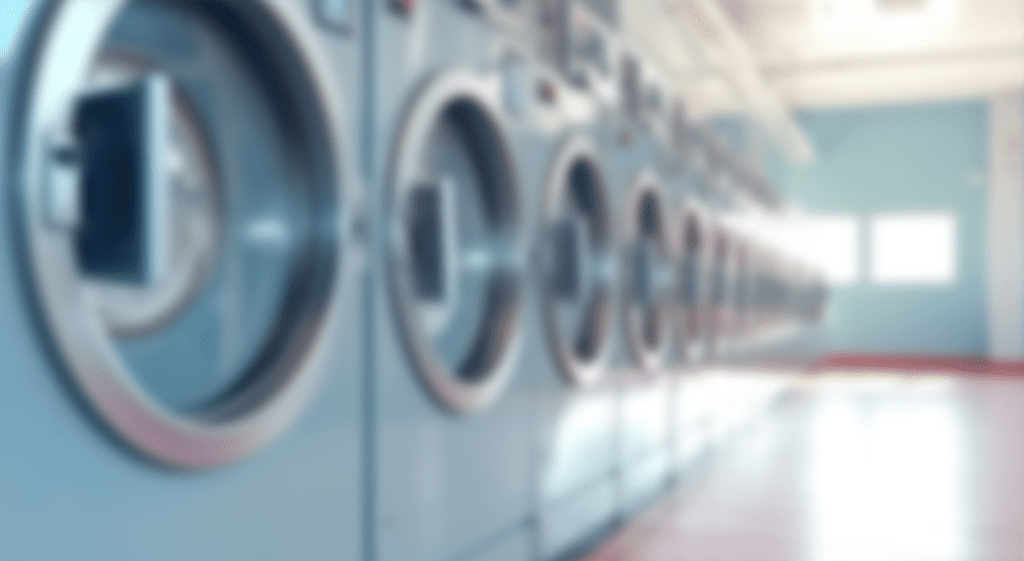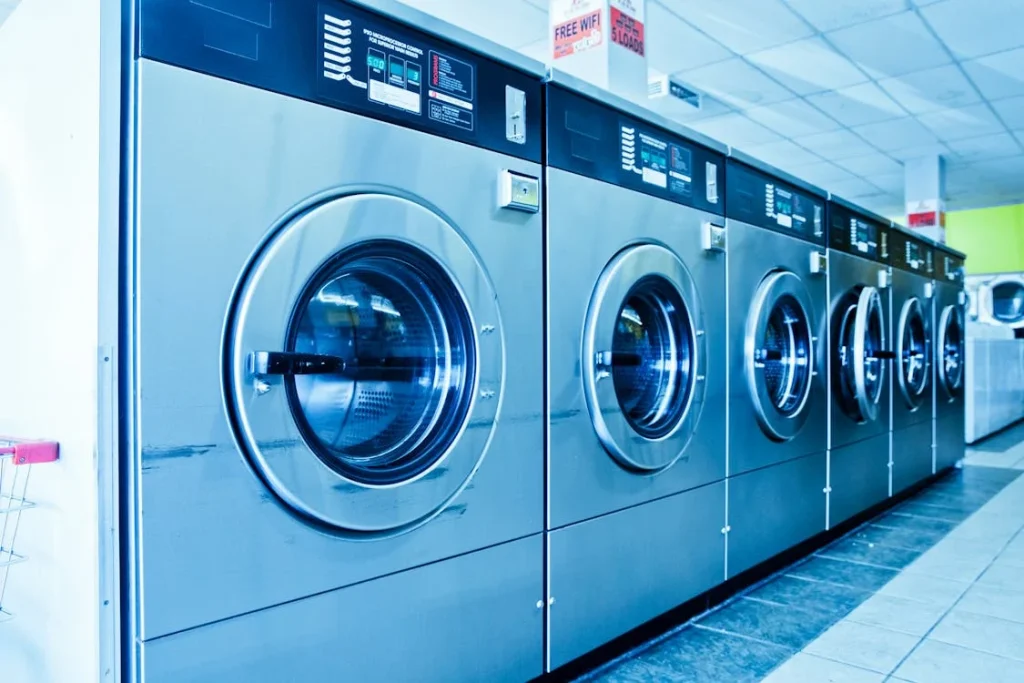Hey there! If you’re on the hunt for commercial dryers for sale, you’ve landed in the right spot. It might seem like a straightforward purchase, but trust me, diving into the details will save you time, money, and a whole lot of frustration down the line. Whether you’re outfitting a bustling laundromat, a high-demand hotel laundry, or an industrial facility with specific drying needs, finding the perfect commercial dryer is a crucial step towards efficient operations. Let’s explore what you need to know to make a smart choice. Remember, you can always reach out to us at https://spinwashing.com/contact-us/ for personalized guidance.
Tabla de contenidos
- 1. Why Investing in the Right Commercial Dryer Matters
- 2. Types of Commercial Dryers Available on the Market
- 3. Key Factors to Consider When Choosing a Commercial Dryer for Sale
- 3.1. Assessing Your Laundry Volume and Capacity Needs
- 3.2. Evaluating Energy Efficiency: Saving Money and the Planet
- 3.3. Understanding BTU Ratings and Energy Star Certifications
- 3.4. Durability and Build Quality: Investing for the Long Haul
- 3.5. Control Systems and Programmability: Tailoring Drying Cycles
- 4. Where to Find Commercial Dryers for Sale
- 5. Making the Right Purchase Decision: Beyond the Price Tag
- 6. Maintaining Your Commercial Dryer for Optimal Performance
- 7. Conclusion: Your Path to Efficient and Reliable Drying
- 8. Frequently Asked Questions (FAQs)
1. Why Investing in the Right Commercial Dryer Matters
Think about it – a faulty or inefficient dryer can throw a massive wrench in your operations. We’re talking about delayed turnaround times, increased energy bills, and potentially damaged linens. Investing in the right commercial dryer isn’t just about buying a machine; it’s about investing in the smooth functioning and profitability of your business. The impact ripples through various aspects, so let’s break it down.
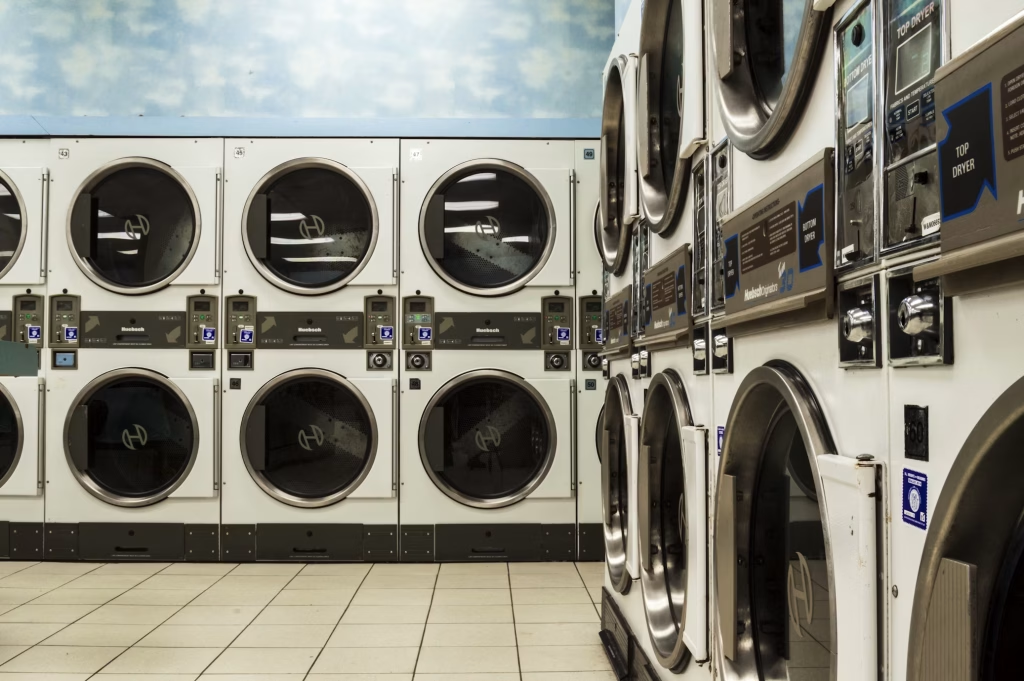
1.1. The Impact on Efficiency and Operational Costs
Time is money, right? In the commercial laundry world, that’s doubly true. An efficient dryer can significantly reduce drying cycles, allowing you to process more laundry in less time. This translates directly to lower labor costs and increased throughput. On the flip side, an outdated or inefficient model can be a real energy hog, sending your utility bills soaring. Choosing a dryer with optimized airflow and heating elements can make a substantial difference to your bottom line over the long term. Consider the sheer volume of laundry you’re dealing with daily – even small improvements in drying time and energy consumption can add up to significant savings.
1.2. Ensuring Fabric Care and Longevity
Different fabrics require different drying temperatures and cycles. A high-quality commercial dryer offers precise control over these settings, helping you protect the integrity of your linens and garments. Over-drying or using excessively high heat can damage fibers, leading to premature wear and tear. This means you’ll have to replace your inventory more frequently, which adds to your expenses. Investing in a dryer with advanced features like moisture sensors can prevent over-drying, extending the lifespan of your textiles and ensuring they always feel and look their best for your customers or internal use. It’s about maintaining quality as much as it is about getting things dry.
1.3. Meeting the Demands of Your Specific Industry
A laundromat has very different needs compared to a hotel or a hospital. Laundromats require robust, user-friendly machines that can handle constant use by a variety of customers. Hotels need dryers that can efficiently process large volumes of towels and bedding while maintaining their softness and quality. Industrial facilities might have specialized drying requirements for specific types of materials. Understanding the unique demands of your industry is paramount when selecting a commercial dryer for sale. Don’t just grab the first one you see; consider the specific needs of your daily operations.
2. Types of Commercial Dryers Available on the Market
The world of commercial dryers is more diverse than you might imagine. From the standard workhorses to specialized units, understanding the different types available will help you narrow down your options and find the perfect fit for your business. Let’s take a look at some of the most common types you’ll encounter when searching for commercial dryers for sale.
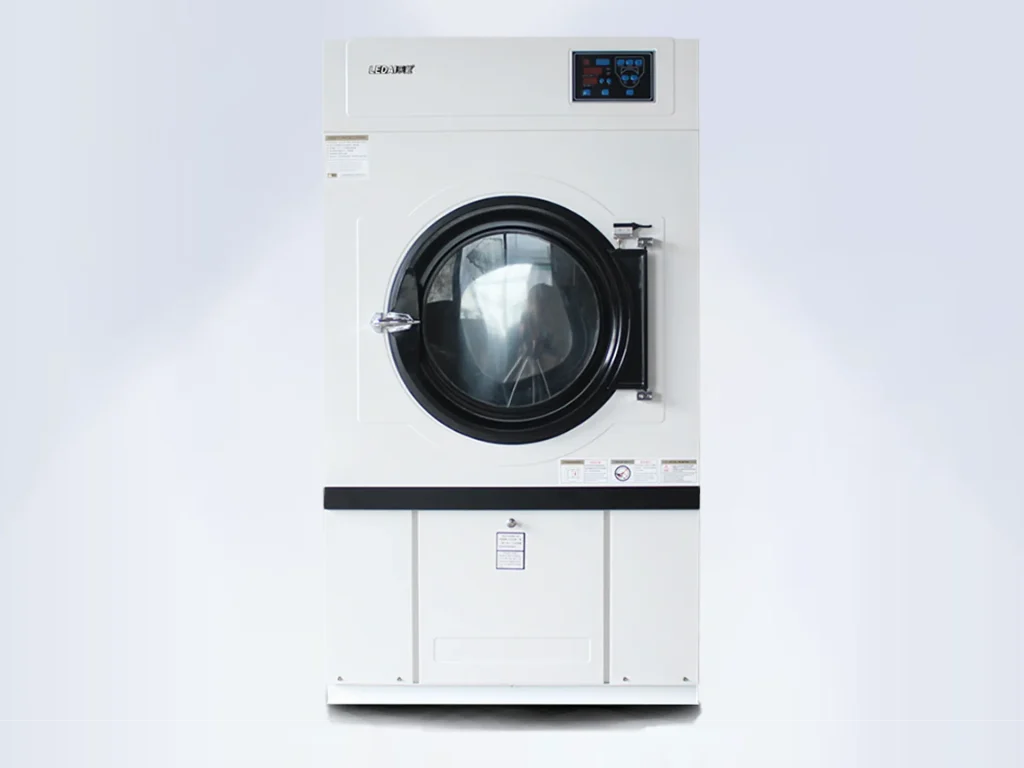
2.1. Understanding Tumbler Dryers: The Workhorse of Laundry
Tumbler dryers are probably what come to mind when you picture a commercial dryer. These are the most common type, featuring a rotating drum that circulates hot air to dry the laundry. They are versatile and can handle a wide range of fabrics and load sizes, making them a staple in laundromats, hotels, and various industrial settings. Their robust design is built to withstand the rigors of continuous operation, making them a reliable choice for businesses with high laundry volumes. You’ll find various capacities and features within this category to suit different needs.
2.2. Key Features to Look for in Tumbler Dryers
When you’re looking at tumbler dryers, pay close attention to features like drum material (stainless steel is generally more durable), heating source (gas or electric), airflow design (which impacts drying efficiency), and the sophistication of the control panel. Look for models with programmable cycles, automatic moisture sensing to prevent over-drying, and robust door seals to minimize heat loss. These seemingly small details can significantly impact performance and longevity.
2.3. Exploring Cabinet Dryers for Delicate Items
For businesses that handle more delicate items, like certain types of linens or garments that can’t withstand the tumbling action of a standard dryer, cabinet dryers offer a gentler alternative. These dryers typically feature stationary racks or shelves within a heated cabinet, allowing items to dry without the mechanical stress of tumbling. While they might have a lower capacity compared to tumbler dryers, they are essential for preserving the quality and extending the life of delicate textiles. Think of them as the spa treatment for your more sensitive laundry items.
2.4. The Advantages of Pass-Through Dryers for Workflow Optimization
In high-volume industrial settings, workflow efficiency is paramount. Pass-through dryers are designed to streamline the laundry process by having loading doors on one side and unloading doors on the other. This allows for a continuous flow of laundry, minimizing bottlenecks and maximizing productivity. Imagine a seamless conveyor belt of clean, dry laundry moving through your facility. These dryers are particularly beneficial in hospitals, large hotels, and commercial laundries where speed and efficiency are critical.
3. Key Factors to Consider When Choosing a Commercial Dryer for Sale
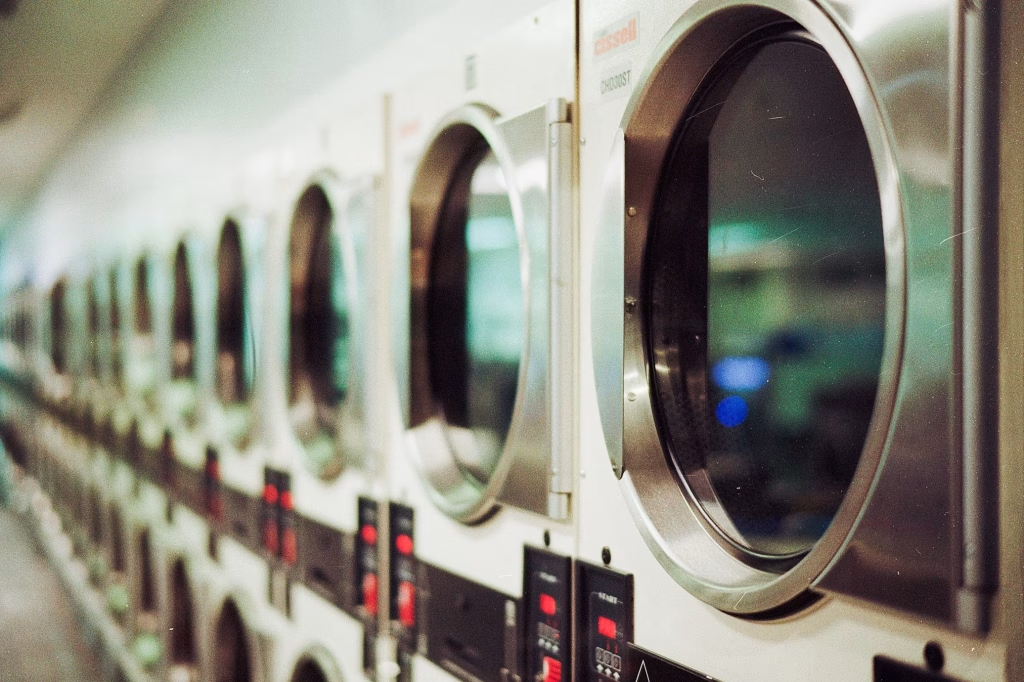
Okay, so you know the types of dryers out there. Now, how do you actually choose the right one for your business? There are several key factors to weigh to ensure you make an informed decision that aligns with your specific needs and budget. It’s not just about the initial cost; it’s about the long-term value and operational efficiency.
3.1. Assessing Your Laundry Volume and Capacity Needs
This is a fundamental first step. How much laundry do you process on a daily or weekly basis? Understanding your average and peak laundry volumes will help you determine the appropriate capacity of the dryer you need. Overloading a smaller dryer will lead to longer drying times and potential damage, while a significantly oversized dryer will be less energy-efficient. Consider future growth as well – will your laundry volume likely increase? It’s often wise to factor in some room for expansion.
3.2. Evaluating Energy Efficiency: Saving Money and the Planet
In today’s world, energy efficiency isn’t just a buzzword; it’s a crucial consideration for both your bottom line and the environment. Commercial dryers can be significant energy consumers, so choosing a high-efficiency model can lead to substantial cost savings over its lifespan. Look for features like advanced airflow systems, insulated cabinets, and moisture sensors that automatically stop the drying cycle when the load is dry. These technologies minimize energy waste and contribute to a more sustainable operation.
3.3. Understanding BTU Ratings and Energy Star Certifications
If you’re looking at gas dryers, the BTU (British Thermal Unit) rating indicates the heating power of the burner. A higher BTU doesn’t necessarily mean better efficiency; it’s about the balance between heating power and energy consumption. For electric dryers, keep an eye out for Energy Star certifications. These indicate that the appliance meets specific energy efficiency guidelines set by the Environmental Protection Agency (EPA). Choosing Energy Star certified models is a smart way to reduce your energy footprint and operating costs.
3.4. Durability and Build Quality: Investing for the Long Haul
Commercial dryers are designed for heavy-duty use, but the quality of their construction can vary significantly. Look for robust materials like stainless steel for the drum and a sturdy overall build. A well-built dryer will withstand the demands of continuous operation and require fewer repairs over its lifespan, ultimately saving you money in the long run. Think of it as an investment in reliability – you want a machine that you can depend on day after day.
3.5. Control Systems and Programmability: Tailoring Drying Cycles
Modern commercial dryers often come equipped with sophisticated control systems that offer a range of programmable drying cycles. This allows you to customize the drying process based on the type of fabric and the desired level of dryness. Features like adjustable temperature settings, cool-down cycles, and automatic cycle termination based on moisture levels contribute to better fabric care and energy efficiency. User-friendly interfaces are also important for ease of operation by your staff or customers.
4. Where to Find Commercial Dryers for Sale
So, where do you actually go to find these magnificent drying machines? You have a few options, each with its own set of advantages and considerations. Let’s explore the different avenues for sourcing commercial dryers for sale.
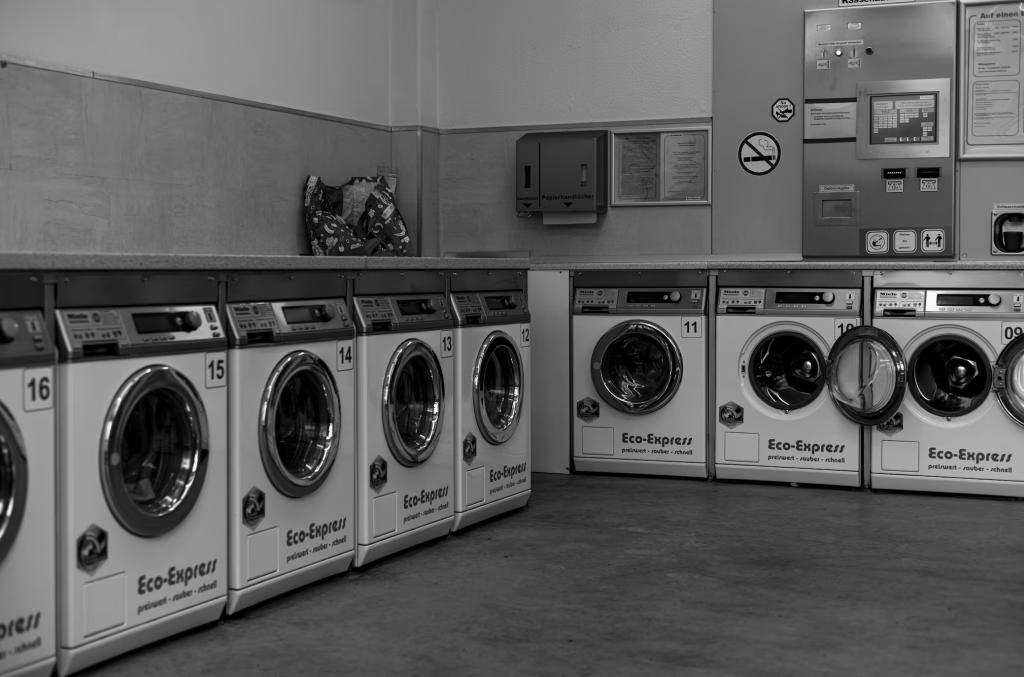
4.1. Navigating Equipment Suppliers and Dealers
Working with reputable commercial laundry equipment suppliers and dealers is often the best approach. These professionals have in-depth knowledge of the industry and can help you assess your specific needs and recommend the most suitable dryers. They typically offer a range of new machines from various manufacturers, along with after-sales service, including installation, maintenance, and repairs. Building a relationship with a trusted supplier can be invaluable for the long-term health of your laundry operations.
4.2. Considering Online Marketplaces and Auctions
In today’s digital age, online marketplaces and auctions can also be a source for commercial dryers for sale, both new and used. While you might find competitive prices, it’s crucial to exercise caution. Thoroughly research the seller, the condition of the equipment (especially for used units), and any warranty or return policies. It’s often advisable to inspect the equipment in person if possible before making a significant purchase online. Remember the adage: if it seems too good to be true, it probably is.
4.3. The Benefits of Buying New vs. Used Commercial Dryers
The decision between buying a new or used commercial dryer depends on your budget, needs, and risk tolerance. New dryers come with the latest technology, full warranties, and the assurance of being in pristine condition. However, they also come with a higher upfront cost. Used dryers can be more budget-friendly, but they may have a shorter lifespan, lack the latest energy-efficient features, and may not come with a warranty. If you opt for a used dryer, ensure it has been properly inspected and maintained.
5. Making the Right Purchase Decision: Beyond the Price Tag
The price tag is undoubtedly a significant factor, but it shouldn’t be the only one you consider. The true cost of a commercial dryer includes its energy consumption, maintenance requirements, lifespan, and the impact it has on your overall efficiency. Let’s look at some factors beyond the initial purchase price.
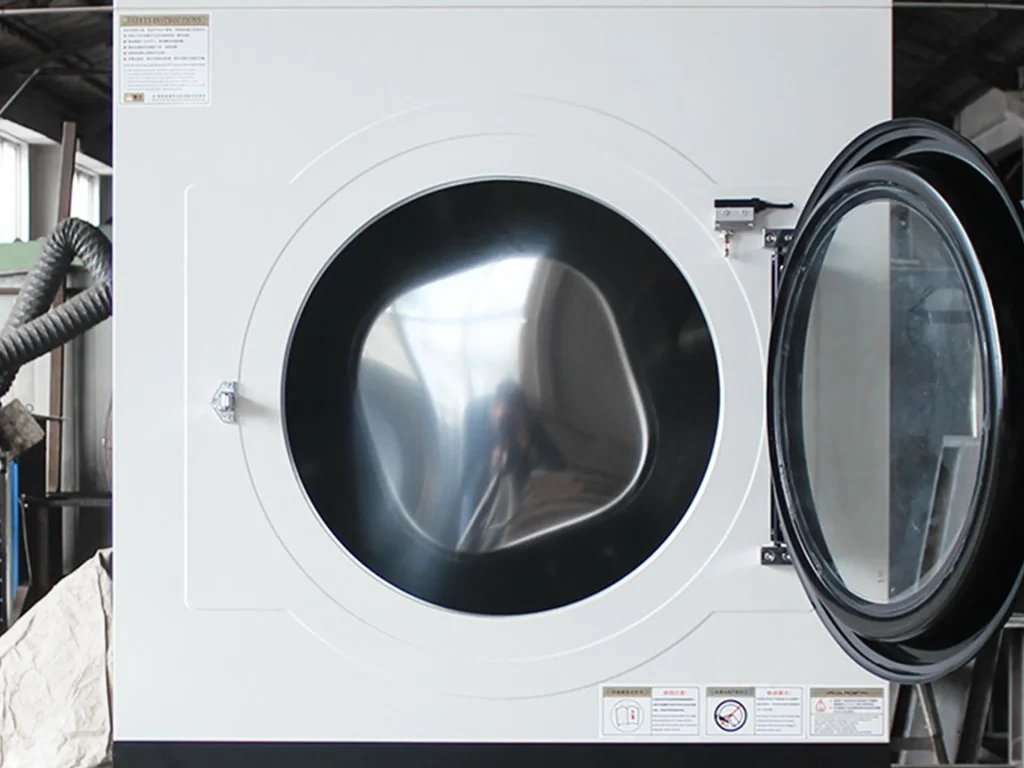
5.1. Understanding Warranty and Service Support
A comprehensive warranty provides peace of mind and protects your investment against manufacturing defects. Inquire about the length and scope of the warranty offered by the manufacturer and the supplier. Additionally, consider the availability of local service and support. Having access to qualified technicians for maintenance and repairs is crucial to minimize downtime and keep your operations running smoothly. A good supplier will stand behind the products they sell.
5.2. Considering Installation Requirements and Costs
Commercial dryers often have specific installation requirements, including electrical connections, gas lines (for gas dryers), and venting. Factor in the potential costs associated with installation, which may involve hiring qualified technicians. Ensure that your facility meets the necessary infrastructure requirements before you make a purchase. Overlooking these details can lead to unexpected expenses and delays.
5.3. Future-Proofing Your Investment: Scalability and Technology
Consider your long-term business goals. Will your laundry volume likely increase in the future? If so, you might want to invest in a dryer with a larger capacity or the ability to add more units as needed. Also, keep an eye on advancements in dryer technology, such as smart controls and remote monitoring capabilities, which can further enhance efficiency and convenience. Thinking ahead can save you from having to upgrade prematurely.
6. Maintaining Your Commercial Dryer for Optimal Performance
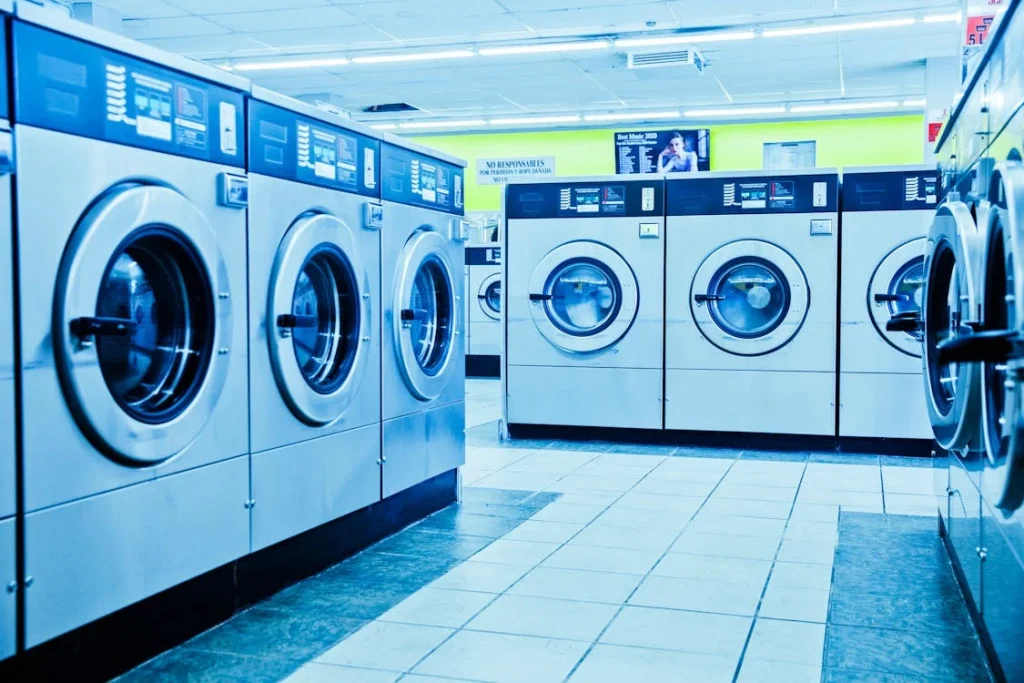
Once you’ve made your investment, proper maintenance is key to ensuring its longevity and optimal performance. Neglecting maintenance can lead to decreased efficiency, increased energy consumption, and costly repairs. Let’s look at some essential maintenance practices.
6.1. The Importance of Regular Cleaning and Lint Removal
Lint buildup is a major fire hazard and can significantly reduce the efficiency of your dryer. Make it a routine to clean the lint screen after every load. Regularly inspect and clean the dryer vents to ensure proper airflow. A clogged vent restricts airflow, causing the dryer to work harder, consume more energy, and potentially overheat. This simple step can make a big difference in safety and efficiency.
6.2. Scheduling Professional Maintenance and Inspections
In addition to regular cleaning, it’s essential to schedule professional maintenance and inspections at recommended intervals. Qualified technicians can identify and address potential issues before they lead to major breakdowns. They can also ensure that all components are functioning correctly and efficiently. Think of it as preventative healthcare for your dryer – it can save you from costly emergencies down the line.
7. Conclusion: Your Path to Efficient and Reliable Drying
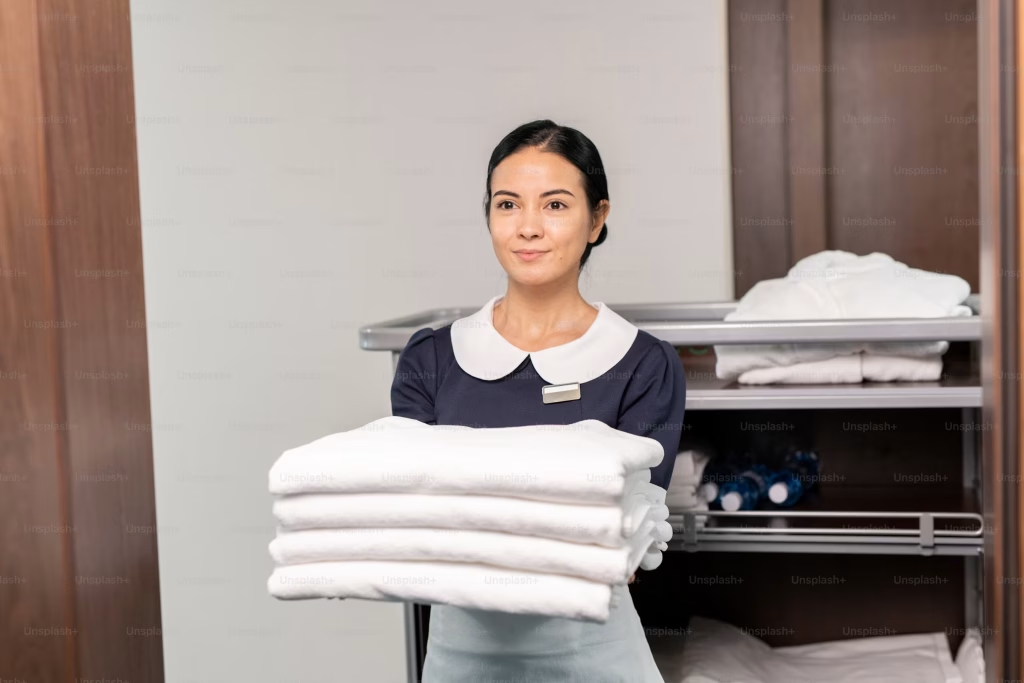
Choosing the right commercial dryer for sale is a significant decision that impacts the efficiency, cost-effectiveness, and overall success of your laundry operations. By understanding the different types of dryers available, considering key factors like capacity, energy efficiency, and durability, and focusing on long-term value over just the initial price, you can make an informed choice that meets your specific needs. Remember to factor in maintenance and support to ensure your investment continues to perform optimally for years to come. Ready to find your perfect drying solution? Contact us today at https://spinwashing.com/contact-us/ and let our experts guide you! For all your industrial washing needs, visit https://spinwashing.com/industrial-washing-machine/.
8. Frequently Asked Questions (FAQs)
What is the average lifespan of a commercial dryer?
The lifespan of a commercial dryer can vary depending on the brand, quality, usage, and maintenance. However, a well-maintained, high-quality commercial dryer can typically last anywhere from 10 to 15 years or even longer. Regular maintenance and addressing issues promptly are crucial for maximizing its lifespan.
How do I determine the right size dryer for my business?
To determine the right size dryer, you need to consider your average daily or weekly laundry volume and the capacity of your washing machines. A general rule of thumb is that your dryer capacity should be roughly equal to or slightly larger than your washer capacity to ensure efficient workflow. Consider peak demand periods as well.
Are energy-efficient commercial dryers worth the extra cost?
Yes, energy-efficient commercial dryers are generally worth the extra upfront cost in the long run. They consume less energy, leading to significant savings on your utility bills over the lifespan of the machine. Additionally, they often come with features like moisture sensors that prevent over-drying, further saving energy and protecting your linens.
What are the common maintenance issues with commercial dryers?
Common maintenance issues with commercial dryers include lint buildup in the lint screen and vents, worn belts, malfunctioning heating elements, and issues with the drum rollers or bearings. Regular cleaning and scheduled professional maintenance can help prevent these problems.
Should I consider buying a used commercial dryer?
Buying a used commercial dryer can be a cost-effective option, but it comes with potential risks. Carefully inspect the dryer’s condition, ask about its maintenance history, and inquire about any warranty. It’s often advisable to buy from a reputable seller who offers some form of guarantee. For critical operations, investing in a new dryer might offer better long-term reliability.
Here are some other articles that we think might interest you:
The Future Smart Industrial Washer Dryers
Energy-Efficient Industrial Washer Dryers for Industrial Laundry Facilities

